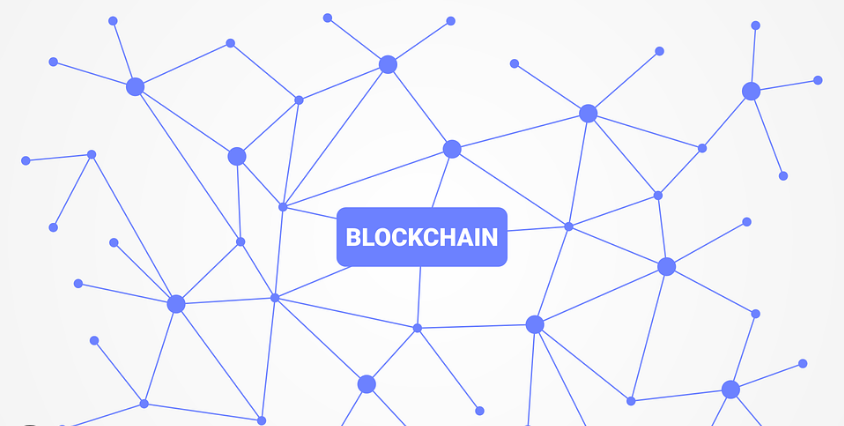Centralized blockchain payments have emerged as a promising solution to tackle the challenges plaguing the settlement process, as affirmed by the New York Federal Reserve after successfully concluding an extensive three-month experiment with prominent banks.
In a statement released on Thursday, the New York central bank revealed that the experiment hinged upon a groundbreaking concept known as the “regulated liability network (RLN),” which served as the foundation for constructing a theoretical payment infrastructure.
This innovative framework was specifically designed to facilitate the seamless exchange and settlement of regulated digital assets, employing the transformative power of distributed ledger technology.
The outcomes of this pioneering proof of concept have unveiled exciting possibilities for revolutionizing the way financial transactions are conducted, setting the stage for a potential paradigm shift in the banking industry.
RLN: A Centralized Blockchain Experiment
The New York Fed’s Innovation Center introduced the solution as an experiment in November 2022, showcasing RLN as a potential design for a worldwide instant dollar payment system.
Tony McLaughlin, the head of emerging payments and business development at Citi Treasury and Trade Solutions, expressed this during a webcast where the findings of the experiment were discussed.
McLaughlin emphasized that the ability to transfer any amount of dollars around the clock would be a revolutionary development for global users of the dollar. He also highlighted that the system would ensure adherence to all rules and regulations without compromising any corners.
The participating banks in this endeavor include BNY Mellon, Citi, HSBC, Mastercard, and Wells Fargo, among others. The project involved collaboration with global financial messaging service provider Swift to facilitate interoperability throughout the international financial landscape.
It’s important to note that the network operates on a centralized platform, distinguishing it from blockchain-based systems like Bitcoin and Ethereum.
Uncertain Future For RLN
The NY Fed recently made it clear that it has no immediate plans to expand the RLN network or continue its development. In its statement, the NY Fed’s Innovation Center stated that they have not committed to any future phases of work related to this proof of concept.
While the RLN experiment demonstrated the potential of a centralized blockchain system for global dollar transactions, the NY Fed is taking a cautious approach regarding its future. It appears that the NY Fed is keen to conduct further investigation and evaluation before making any commitments.
Although the NY Fed has not indicated any immediate plans for RLN, the experiment itself has provided valuable insights into the possibilities and challenges of implementing such a system.
The findings will likely inform discussions and decisions in the financial industry regarding the future of global instant payment systems and the role of blockchain technology in enhancing financial infrastructure.
Featured image from iCommunity Labs









